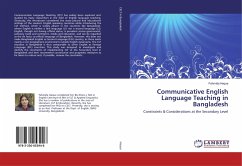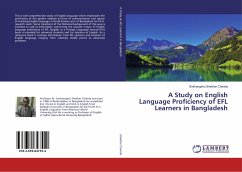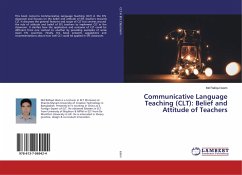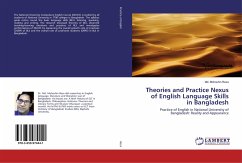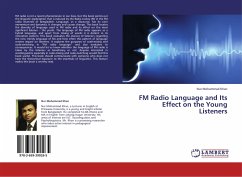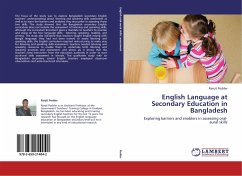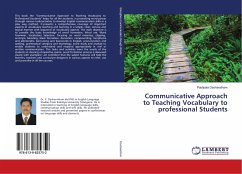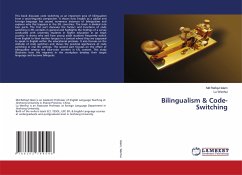Communicative Language Teaching (CLT) has widely been explored and studied by many researchers in the field of English language teaching. Obviously, the introducers considered the socio-cultural and educational settings of the western English speaking countries while introducing the CLT method, which is widely absent in the countries like Bangladesh, where English is neither a first language (L1) nor a second language (L2). English, though not having official status, is prevalent across government, judiciary, trade and commerce, media and education, and can be regarded as the de facto co-official language of Bangladesh. However, this does not make Bangladesh English as Second Language (ESL) country, as there exists mainly a non-Anglophone environment outside English classrooms. The CLT situation in Bangladesh is thus comparable to other English as Foreign Language (EFL) countries. This study was designed to investigate and identify the constraints of implementing CLT at the Secondary level in Bangladesh and then recommend constructive and pragmatic measures to be taken to reduce and, if possible, remove the constraints.
Bitte wählen Sie Ihr Anliegen aus.
Rechnungen
Retourenschein anfordern
Bestellstatus
Storno

